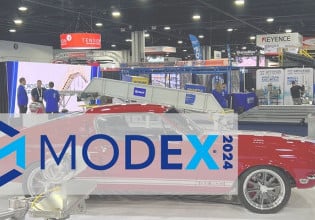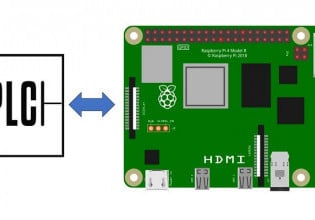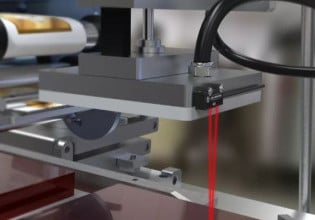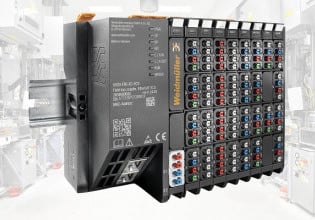B
I'd like to add the IT dimension to the title of this thread. As a company we struggle with design, implementation and on-going maintenance of complex systems that include: instrumentation, control systems, networks (wireless and cable), servers, desktops and applications. Some of the concepts/tools that are being used to make our control system and IT world more effective are:
Business Owners
The person responsible to ensure that the "program" or project delivers results. A Design Basis is required to start a program. Quantitative benefits need to be stated and a process put in place to steward the benefits. This person is accountable.
Programs
Programs are projects that have annual budgets instead of fixed and are on-going instead of scheduled. For example, an Operations Information
program delivers data from the control systems, provides validation and displays the information. The Program Manager juggles the coordination of disciplines and the many customer requirements in the same way that a project manager does this for a project. The Business Owner is responsible for the business results of the program.
Project Manager/Program Manager
There needs to be "one neck to grab" and many backs to pat. The distributed expertise necessay to get these projects done and maintain programs must be well managed. The project/program manager has the big "R" on his back. This person assembles the team and delivers what the business owner requires.
Porfollio Manager
All the systems need to have an overall framework. Guidelines such as one data source, intranet visualization and the tools to be used are necessary. There will also be competition for funds that must be refereed.
No Boundaries
Boundaries between disciplines (instrumentation, control systems, networks (wireless and cable), servers, desktops and applications) must be collapsed.
A team is required that understands what others are doing and can ask the dumb questions.
Boundaries between Control Systems/Operation Systems/Business Systems must also be broken. Team members from different organizations/disciplines need to work together.
I believe a big problem with many of the "Operations Systems" that are in place (that grey area between control systems and business systems) is there is no Business Owner. If we can get this person in place and have a program
manager assigned, I think we have a fighting chance. I know this sounds more like a text book than the real world but sometimes we need to look at the bigger picture. Right now I've got to tag some more instruments.
Business Owners
The person responsible to ensure that the "program" or project delivers results. A Design Basis is required to start a program. Quantitative benefits need to be stated and a process put in place to steward the benefits. This person is accountable.
Programs
Programs are projects that have annual budgets instead of fixed and are on-going instead of scheduled. For example, an Operations Information
program delivers data from the control systems, provides validation and displays the information. The Program Manager juggles the coordination of disciplines and the many customer requirements in the same way that a project manager does this for a project. The Business Owner is responsible for the business results of the program.
Project Manager/Program Manager
There needs to be "one neck to grab" and many backs to pat. The distributed expertise necessay to get these projects done and maintain programs must be well managed. The project/program manager has the big "R" on his back. This person assembles the team and delivers what the business owner requires.
Porfollio Manager
All the systems need to have an overall framework. Guidelines such as one data source, intranet visualization and the tools to be used are necessary. There will also be competition for funds that must be refereed.
No Boundaries
Boundaries between disciplines (instrumentation, control systems, networks (wireless and cable), servers, desktops and applications) must be collapsed.
A team is required that understands what others are doing and can ask the dumb questions.
Boundaries between Control Systems/Operation Systems/Business Systems must also be broken. Team members from different organizations/disciplines need to work together.
I believe a big problem with many of the "Operations Systems" that are in place (that grey area between control systems and business systems) is there is no Business Owner. If we can get this person in place and have a program
manager assigned, I think we have a fighting chance. I know this sounds more like a text book than the real world but sometimes we need to look at the bigger picture. Right now I've got to tag some more instruments.






